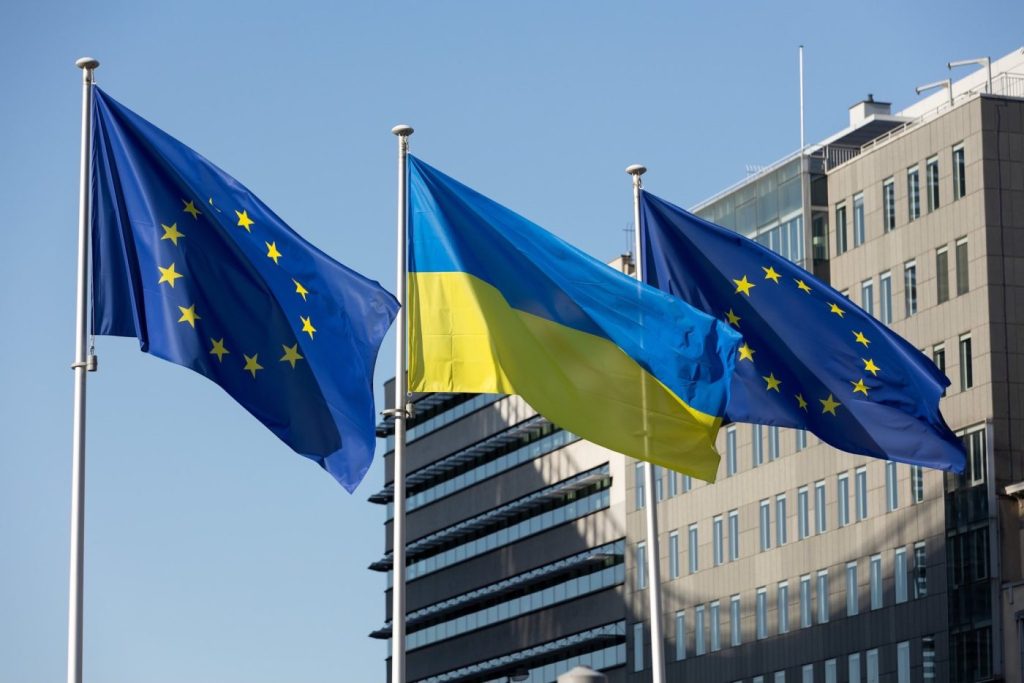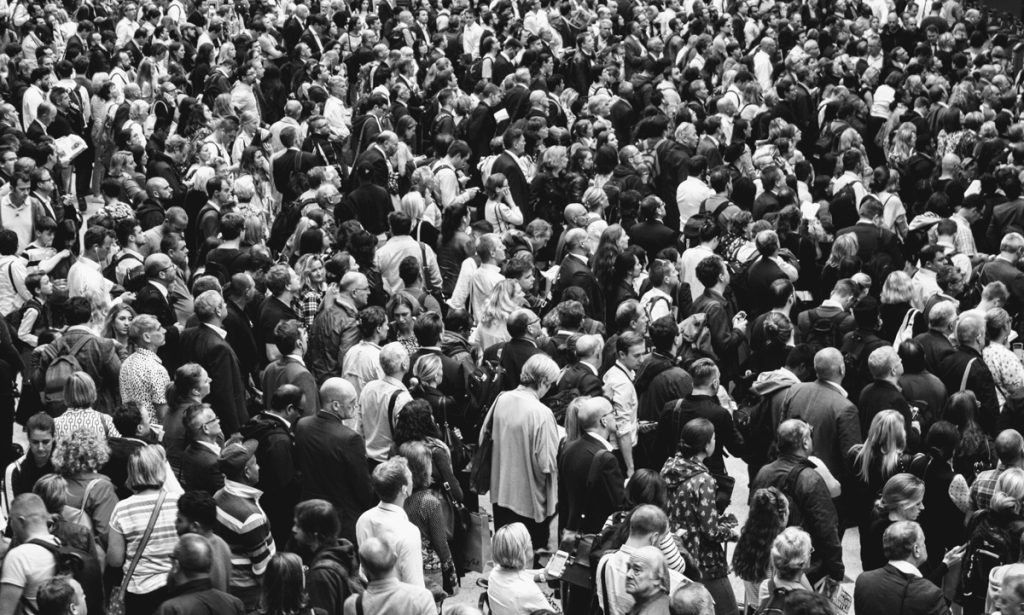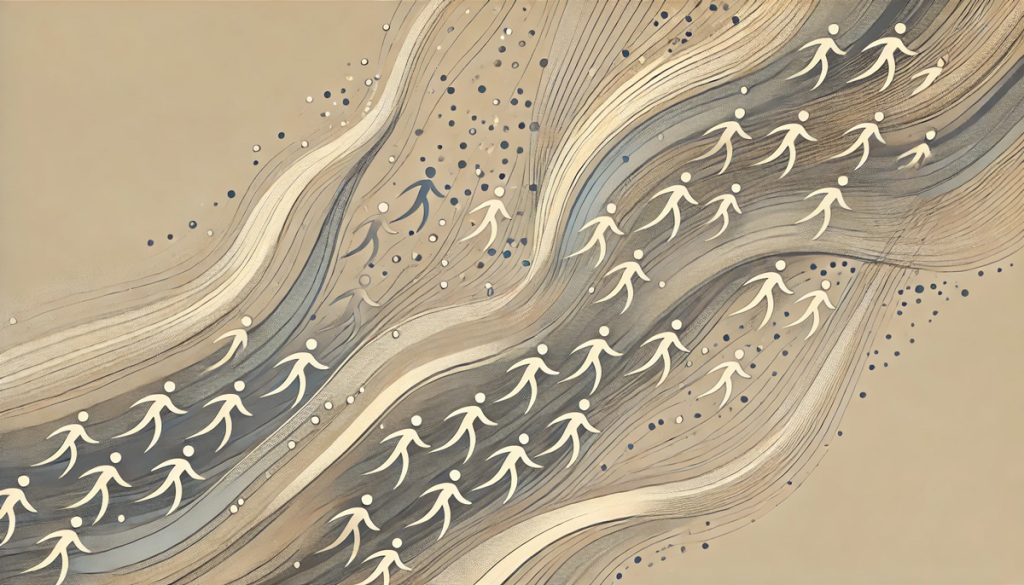
Nations often face difficult decisions during crises due to the interplay between national security and human rights. Recently, Ukraine submitted a request to the Council of Europe to partially suspend its adherence to certain articles of the European Convention on Human Rights (ECHR) due to the exigencies of war.
Article 15 of the ECHR allows for such derogations in times of war or other public emergencies threatening the life of a nation, provided that these are strictly required by the exigencies of the situation. Significantly, such derogations must not conflict with other international obligations.
Critically, the scenario posits challenging questions about the long-term impacts on Ukraine’s international standing and its commitments to human rights.
Legal and Human Rights Perspective
With this request, Ukraine wouldn’t need to follow specific parts of the European Convention on Human Rights during the war. International law does allow countries to adjust their obligations temporarily in extreme situations like war, as long as these changes are not discriminatory and are clearly necessary.
However, the range of rights Ukraine wants to suspend is concerning. Marta Barandiy, an expert in human rights, points out that this could lead to excessive government power. For example, without these rights, the government could interfere more in people’s lives, control their property, or limit their freedom to speak and move around. This scenario reflects Marta Barandiy’s concerns regarding the erosion of rights and the uncontrollable potential for government overreach during such periods.
Furthermore, if Ukraine’s measures are disproportionate or unjustified, it could lead to significant diplomatic strains.
Marta brings attention to the delicate balance between ensuring national security and safeguarding human rights. The temporary suspensions could potentially impact personal freedoms and human dignity.
Risks and Consequences
Barandiy warns that limiting these rights could harm the checks and balances that keep government power in check. This could lead to government overreach and potential misuse of power, especially since Ukraine has faced ongoing criticism for corruption and inefficiencies within its government and judiciary.
This situation presents a dilemma. On the one hand, Ukraine needs the flexibility to manage its defense during a challenging military situation. On the other hand, stepping back from human rights commitments could hurt Ukraine’s reputation as a country working toward democracy and European integration and fighting for freedom and dignity.
International Impact and Ukraine’s Reputation
This move could also affect how other countries view Ukraine. It’s tricky for Ukraine to ask for international support based on democratic values while it’s putting these very values on hold. This could make other countries hesitant to support Ukraine, affecting its relationships and its ambitions to join the European Union. After all, being a democratic country and protecting human rights is crucial for EU membership.
Looking Ahead
While Ukraine’s request might be seen as a necessary response to the challenges of war, it brings up significant issues regarding human rights and governance. Ukrainian politicians must weigh the need for security against the importance of human rights and democratic principles.
Marta Barandiy’s insights are crucial in understanding these complex issues. Her perspective helps highlight the delicate balance between a country’s need to defend itself and its obligation to uphold the values it stands for. As Ukraine navigates these challenges, the decisions made now could have long-lasting effects on its democratic progress and international standing.
#TeamMarta
References:
- Council of Europe. NOTIFICATION OF PARTIAL WITHDRAWAL OF DEROGATION. Ukraine
- Council of Europe. Reservations and Declarations for Treaty No.009 – Protocol to the Convention for the Protection of Human Rights and Fundamental Freedoms (ETS No. 009)
- Refworld. Guide on Article 15 of the European Convention on Human Rights – Derogation





